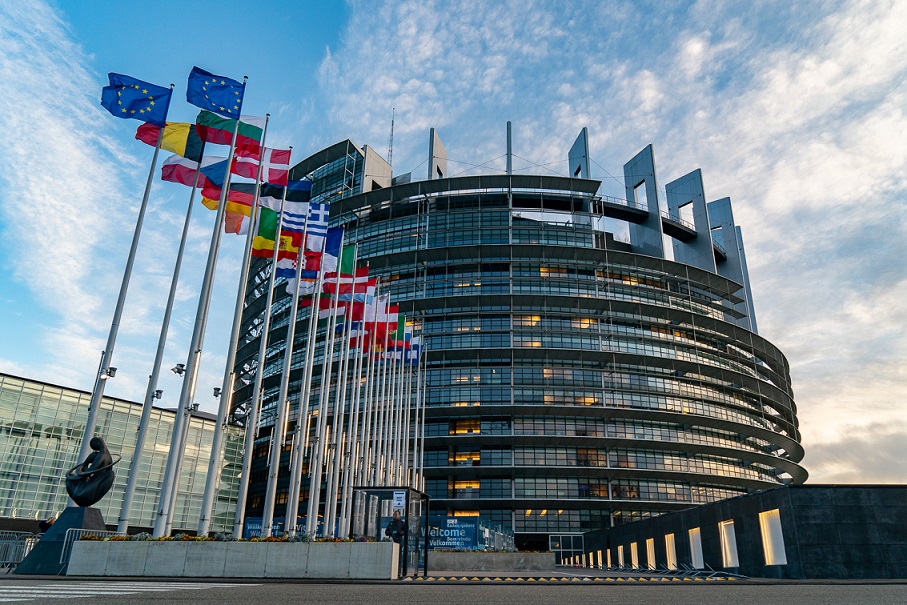GRI Calls for Mandatory Sustainability Reporting
The Global Reporting Initiative (GRI), one of the leading organizations promoting standardized ESG reporting, has issued a call recommending mandatory sustainability reporting by companies. The recommendation was made as part of the GRI’s response to the International Financial Reporting Standards (IFRS) Foundation consultation on its potential role in sustainability reporting standards.
While many companies have recently increased the practice of reporting on sustainability factors and initiatives, and despite the emergence of standards and frameworks including the GRI’s own standards, as well as SASB and the TCFD recommendations, companies and investors often cite the lack of consistent and reliable sustainability disclosure as a key obstacle to integrating ESG into their businesses and investment processes. The GRI notes that sustainability reporting remains mostly voluntary, and that transitioning to mandatory frameworks would help address these issues. In its response, the GRI wrote:
“However, for sustainability reporting to truly contribute to better decision-making, sustainability reporting should become mandatory. Currently it is by and large a voluntary practice. The lack of mandatory reporting affects the consistency, comparability, transparency and overall quality of disclosures, even in light of sincere best efforts that reporting organizations may make. The challenge ahead for sustainability reporting is to reach the same level of consistency that the IFRS has achieved for financial reporting in almost all jurisdictions around the world.”
GRI Sustainability Reporting Standards are the most commonly accepted global standards for sustainability reporting by companies. GRI standards were developed to enable consistent reporting across companies and industries, providing clearer communication to stakeholders regarding sustainability matters. GRI standards are available for reporting across a wide range of ESG-related topics, ranging from anti-corruption practices to biodiversity and emissions.
The IFRS Foundation announced in October the launch of a consultation paper aiming to assess demand for global sustainability reporting standards, and to determine the foundation’s role in the development of such standards.
In its response, the GRI also stated that financial reporting itself must be strengthened to reflect the financial implications of sustainability issues on the reporting entity, and that enhanced financial reporting must exist alongside sustainability reporting. The GRI also pledged to work with the IFRS Foundation and others on the transition to a new corporate reporting regime in which financial and sustainability reporting is given equal footing.
Eric Hespenheide, Chairman of GRI, said:
“GRI sees IFRS as a crucial partner in ensuring a seamless link between financial and sustainability reporting. Therefore, we fully support the IFRS Trustees in their objective to improve financial reporting so it is inclusive of the financial risks and opportunities presented by a company’s sustainability impacts.
“The interconnection between financial and sustainability reporting deserves particular attention by the IFRS, and is an area I believe we can closely collaborate on. It is essential to limit the burden on businesses while at the same time ensuring enhanced reporting that illuminates corporate impacts.
“Improved depth and quality of reporting can only be realized when financial and sustainability reporting are on an equal footing – with mandatory disclosure requirements for both. Furthermore, we cannot achieve the UN Sustainable Development Goals, the EU Green Deal, or other regional and global commitments, without accounting for the contribution of companies.
“GRI’s vision is of a sustainable future that is supported by global sustainability reporting standards, which inform all stakeholders – from investors through to civil society, policy makers, labor unions and others. We stand ready to work with the IFRS Foundation to achieve this aim.”





